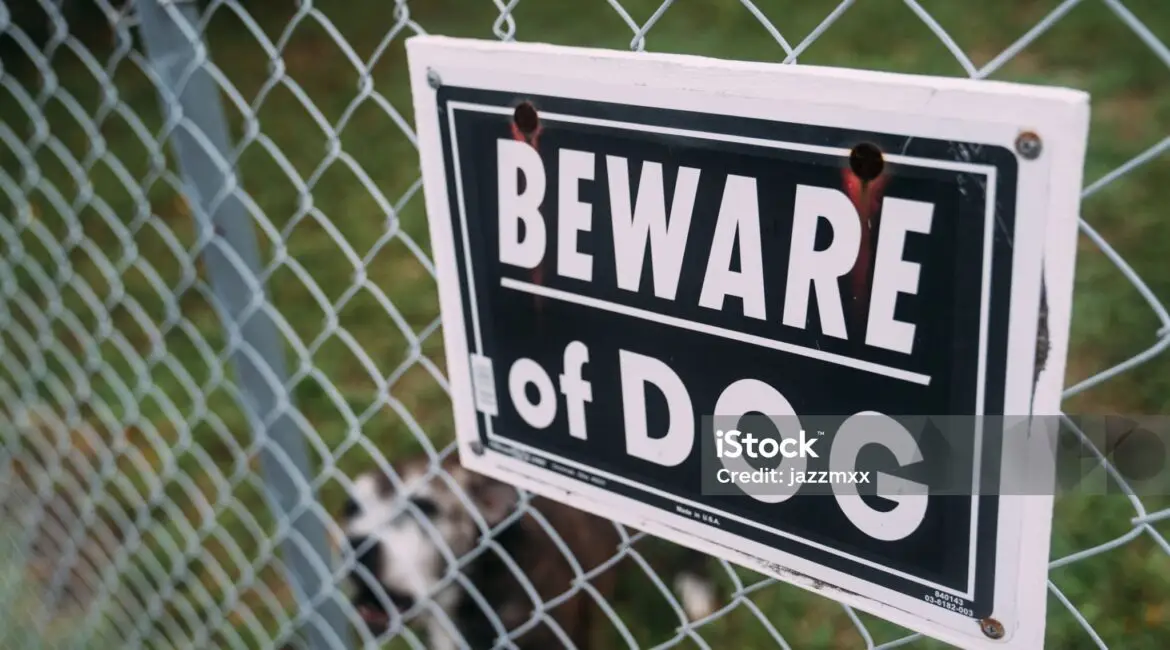Owning a dog brings unparalleled joy and companionship, but it also comes with significant responsibilities. Among these is the responsibility for your dog’s behavior, particularly if your furry friend bites someone. Understanding the legal implications surrounding dog bites is crucial for every dog owner. This blog post will unravel the complexities of dog bite laws, owner liability, and provide practical steps to prevent incidents, ensuring both you and your pup stay protected.
Understanding Owner Liability
One of the most critical aspects of being a responsible dog owner is understanding your legal responsibility. Generally, as a pet owner, you are liable for the actions of your dog. This means if your dog bites someone, you could be held legally accountable for any resulting injuries or damages. However, the specifics of liability can vary significantly depending on where you live.
Differences in Dog Bite Laws by State
Dog bite laws differ greatly by state, impacting how liability is determined. Texas operates under a “one bite” rule, which means that owners are not strictly liable for the first bite their dog inflicts unless they were aware of their dog’s aggressive nature beforehand. However, liability changes if there’s a violation of leash laws, thanks to Texas’s “negligence per se” statute, which holds owners accountable in such cases. Additionally, Texas employs a “modified comparative negligence” rule. This can reduce the compensation an injured party receives if they are found partially at fault for the incident.
It’s important for dog owners to be aware that the statute of limitations for filing a dog bite claim in Texas is generally two years. Keeping these legal points in mind can help protect you and your furry friend from potential legal issues.
Potential Scenarios of Owner Liability
Several scenarios might lead to an owner being held liable for a dog bite:
- Unprovoked Attack: If your dog bites someone without provocation, you could be held liable under strict liability laws.
- Violation of Leash Laws: If the incident occurs while your dog is off-leash in a leash-required area, liability could fall on you.
- Negligence: If you are deemed negligent in controlling your dog or failed to warn others about your dog’s behavior, you could be liable.
Defenses Available to Dog Owners
While owners can be held liable, there are defenses available in dog bite cases:
- Provocation: If the victim provoked the dog, the owner’s liability might be reduced.
- Trespassing: If the bite occurs while the victim is trespassing on the owner’s property, the owner might not be held liable.
- Assumption of Risk: In cases where the victim willingly took the risk of interacting with the dog, liability might be limited.
The Role of Dog Bite Insurance
Given the potential for liability, having dog bite insurance can be invaluable. This type of insurance can cover medical expenses, legal fees, and settlement costs associated with a dog bite incident. Pet insurance policies often include some level of liability coverage, but reviewing and understanding the extent of this coverage is essential.
Preventing Dog Bites
The best way to manage potential legal issues is to prevent dog bites from occurring. Here are some proactive steps:
- Training and Socialization: Ensure your dog is well-trained and socialized with people and other animals.
- Supervision: Never leave your dog unsupervised in situations where they might feel threatened or aggressive.
- Secure Environment: Keep your dog in a secure area when guests are over to prevent unexpected interactions.
What to Do If Your Dog Bites Someone
If your dog does bite someone, take these steps immediately:
- Ensure Safety: Separate your dog from the victim to prevent further injury.
- Provide Care: Offer first aid to the victim and seek professional medical attention if necessary.
- Exchange Information: Exchange contact information with the victim for later discussions.
- Contact Authorities: Follow local regulations regarding reporting dog bites to law enforcement or animal control.
- Consult a Lawyer: Seek legal advice to understand your rights and obligations.
Understanding the legal implications of dog ownership is crucial. By familiarizing yourself with dog bite laws, taking preventive measures, and being prepared to act responsibly in the event of an incident, you safeguard your interests and those of your beloved pet.
Stay informed and proactive, and you’ll protect your pup and yourself from potential legal troubles. For more information on dog bite injuries contact us today for a Free, no-obligation case review.


